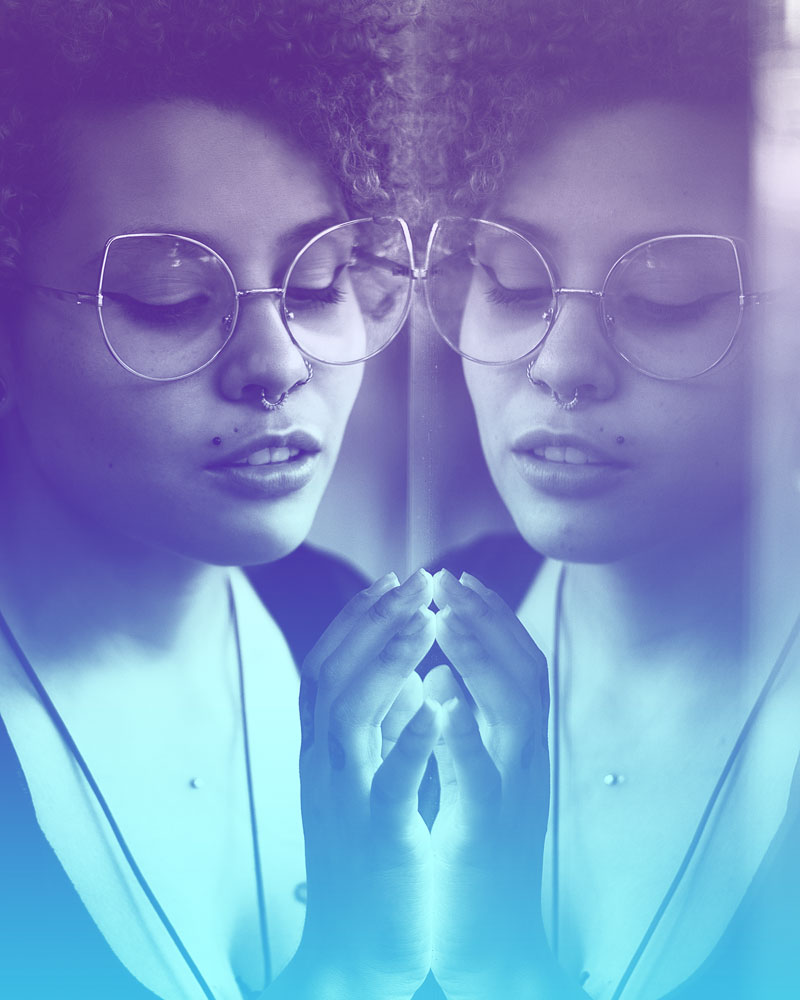
What Is Dual Diagnosis?
How Does It Occur?
It is not uncommon for someone to try to self-treat or self-medicate a mental illness. Someone experiencing depression may try to “lighten the mood” with alcohol or drugs, while others may use them to feel more normal. Some may try to calm racing thoughts with substances. When the use of those substances interferes with normal activities, such as the ability to work or to interact with friends or family, that is a clear indication of substance abuse disorder.

- Predisposition – multiple genetic factors may cause a likelihood of developing overlapping disorders
- Environmental triggers – physical or sexual abuse, stress and frequent exposure at an early age to substances
Treatment
The good news is that there is treatment for co-occurring disorders. Both mental health and substance abuse typically require two different treatment protocols, making it a challenge to treat effectively. However, mental health and addiction treatment is more effective when care is integrated. Integrated Dual Diagnosis Treatment is one of the modalities used to treat both illnesses.
The multi-disciplinary approach can address each illness at the same time and show how and why they co-exist. When one is left untreated, the symptoms of the other can become more pronounced. Finding the right treatment can mean managing both disorders to live a productive and functional life.
Treatment may include therapy, support groups and medication. The medications are important for treating the illness and are not addictive substances that will cause dependence. They will, however, have to be taken consistently, and will likely take several weeks to be fully effective. Taking a physician-prescribed drug to treat dual diagnosis does not mean that you are no longer clean or sober, as they are treating the chemical imbalance in a healthy, measured and controlled way.
If you or a loved one are struggling with addiction, contact Clean Recovery Centers for help.

